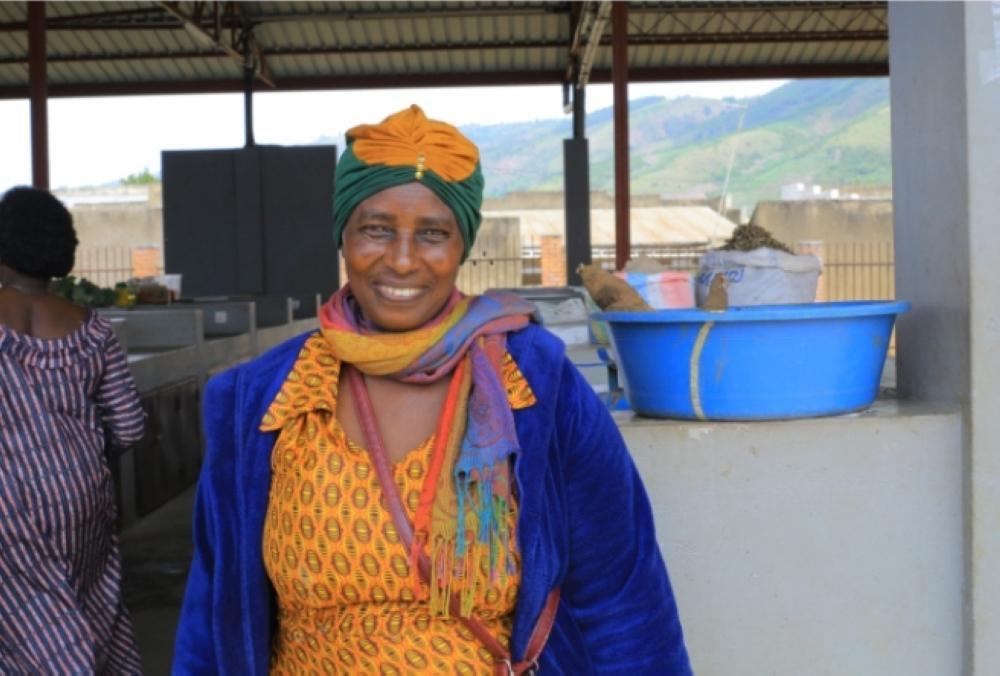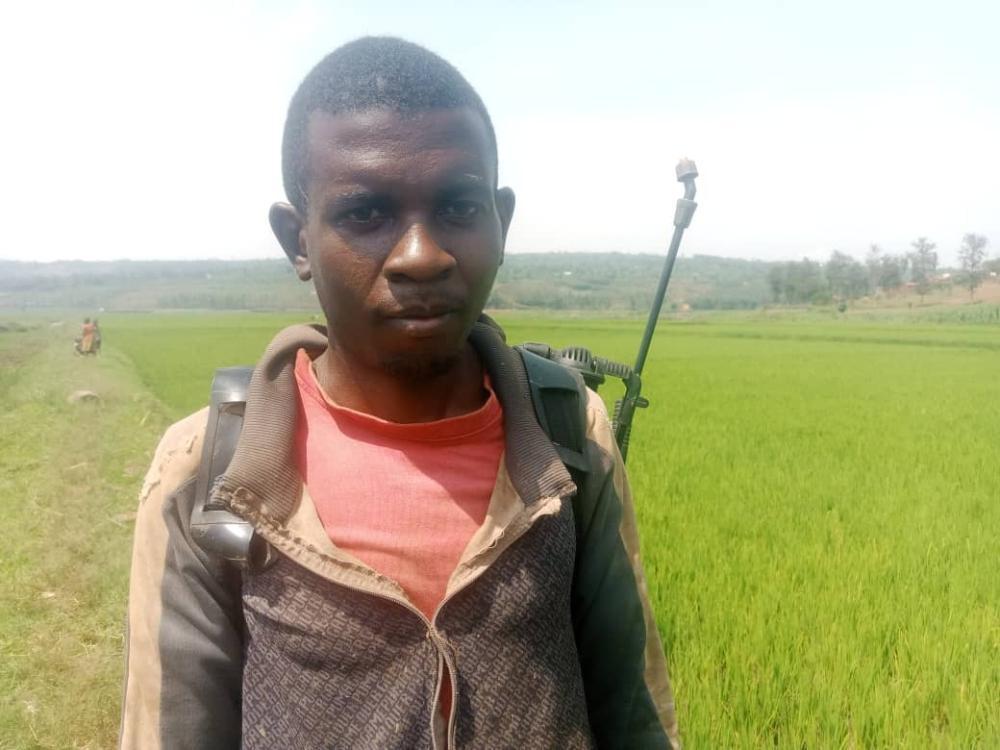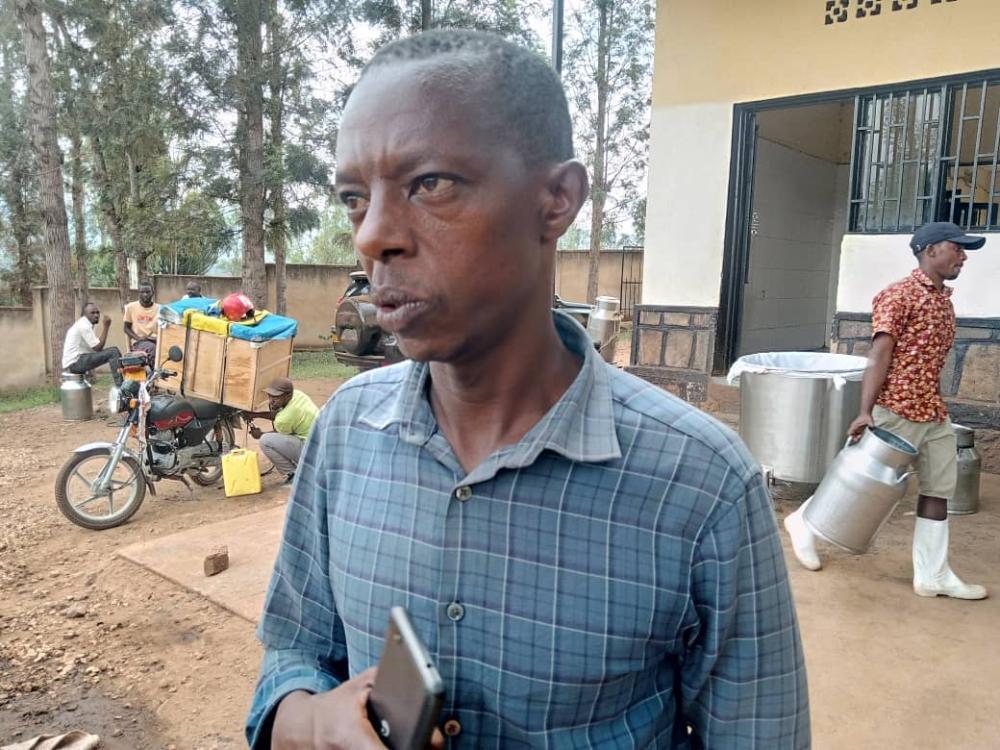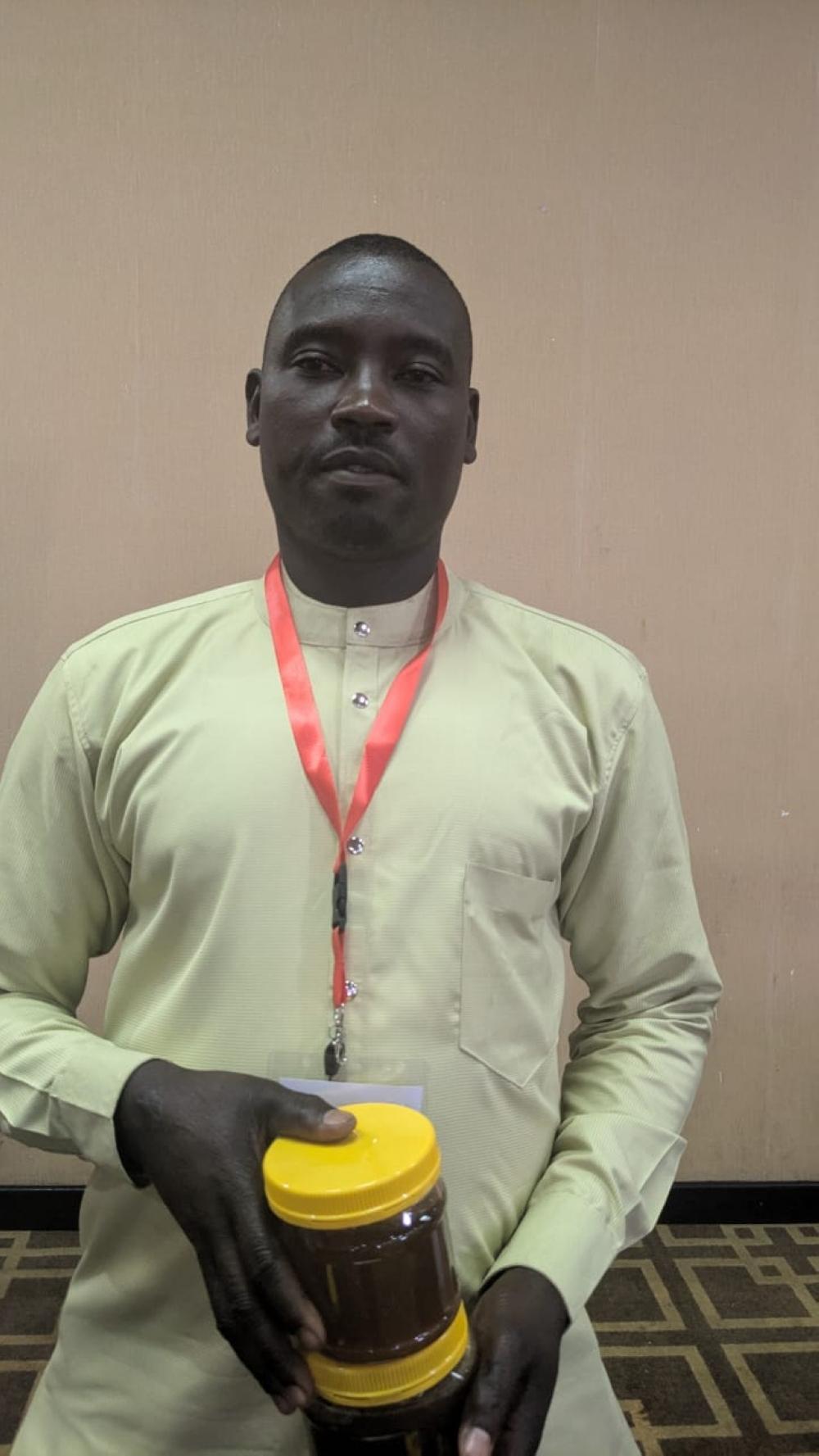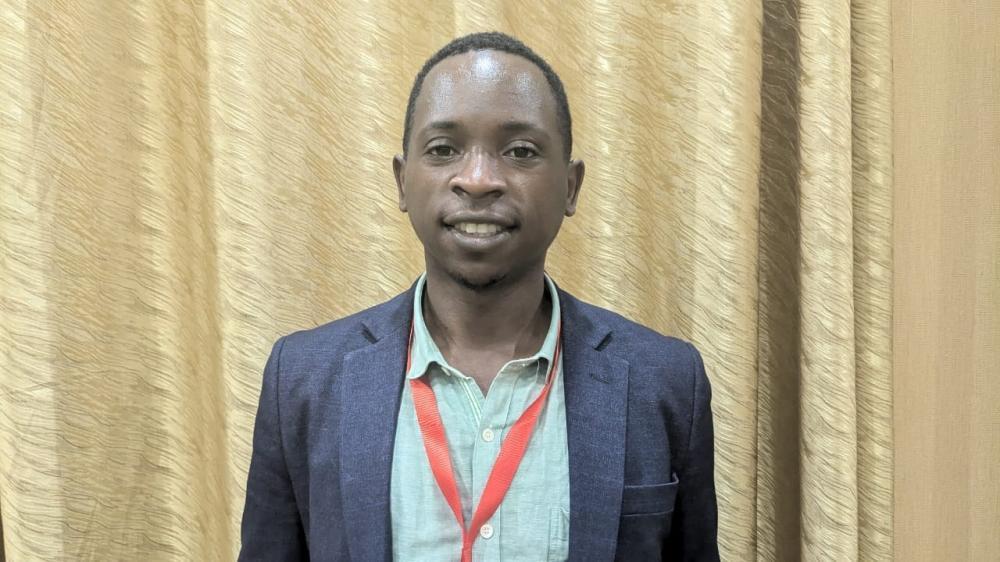Africa-Press – Rwanda. Since last year, the Rwandan government has ceased price regulation for agricultural produce, allowing farmers and buyers to negotiate prices independently.
The move was intended to enable market self-regulation. However, some farmers have expressed concerns that individual small-scale producers might be at a disadvantage as their negotiating power will be lower than that of the buyers.
They argue that the greater the bargaining power, the better their chances of securing fair prices. The New Times reporters spoke to farmers across the country to hear their experiences and the impact of the recent decision.
Phoebe Mukobwajana, 44-year-old bean farmer, Nyagatare District
For years, we sold our produce at fixed prices that didn’t reflect the true costs of farming. Now, I can negotiate directly with buyers and get a price that matches my effort and investment. Before, it didn’t matter how good your produce was—the price was the same. Now, quality really pays off.
Ernest Kabeja, 50-year-old potato farmer, Rubavu District
We used to request the Ministry of Trade and Industry to lift price setting three years ago. There were challenges when harvests were high and prices dropped. There was conflict—when a farmer had a large yield, they would face losses, even though we were allowed to negotiate prices based on quality. The government decision was well considered. As far as I understand, price negotiations should be between two parties— the farmer and the buyer.
Innocent Kubwimana, 25-year-old potato farmer, Nyagatare District
Innocent Kubwimana,25 an irish potato farmer in Katabagemu sector, Nyagatare district.
Previously, fixed prices discouraged farmers. Transport costs varied depending on location and market access, but middlemen didn’t consider these factors, which led to imbalances between production costs and income. With the new approach, we can now negotiate better deals with wholesalers.
Emmanuel Sibomana, dairy farmer, Gatsibo District
Emmanuel Sibomana, a dairy farmer from Gatsibo District
This change has given us real negotiating power. In the past, fixed prices limited our earnings. Now, I can sell milk at a fair market rate. With the extra income, I can afford vaccines and better feed for my cows, and I plan to reinvest the surplus to expand my dairy farm. It’s a policy that truly values farmers’ efforts and sustainability.
Eric Tuyishime, horticulture farmer, Gasabo District
Eric Tuyishime, a horticulture farmer in Gasabo District
A major challenge is farming without first understanding the market, and contract farming is often affected by middlemen who take advantage of farmers in such situations. I am worried about the market even though I am still waiting for my produce to be ready. Regulation is needed, as farmers do not yet have enough power to influence prices.
Theogene Muneza, 63-year-old potato, avocado farmer, Rulindo District
When buyers act out of self-interest, farmers incur losses. But when farmers stand their ground, things improve. In my view, regulation is necessary because farmers struggle to meet, unite, and set prices. Farmers get ripped off because they can’t afford to wait for better prices. Cows are milked daily, and the milk needs to be consumed immediately. Without regulations, some farmers might abandon farming altogether, which would affect prices as production declines. There’s a clear need for regulation.
Seth Ntihemuka, 42-year-old rice farmer in Ruhango District
Seth Ntihemuka, 42, Rice farmer in Ruhango
I hadn’t heard about this programme, but it’s a good initiative. Farmers will benefit greatly. However, I think it will affect factories and large suppliers due to varying market prices. For farmers, capital and investment often exceeded sales; the prices weren’t fair at all. We couldn’t sell based on our own negotiations with factories and buyers. This shift will definitely benefit us. Still, the government should remain involved to protect consumers, as prices may rise.
Jean-Claude Nsabimana, maize farmer, Kayonza District
Jean-Claude Nsabimana, a beekeeper and maize farmer
For me, it’s better to have satisfactory prices set for smallholder farmers. When a farmer negotiates individually, buyers may exploit them by offering low prices. The Ministry of Trade should still establish a regulatory framework to eliminate middlemen. The framework should also address substandard weighing scales.
Patrick Nshimiyimana, avocado and livestock farmer from Kirehe District
Patrick Nshimiyimana, an avocado and livestock farmer, in Eastern Province
Individual small-scale farmers do not have sufficient bargaining power. That’s why cooperatives of small-scale farmers should be formed along agricultural value chains. If 300 farmers in an association set a price, their bargaining power is strong. But if an avocado grower or cattle keeper negotiates alone, she or he may get Rwf50 per avocado, while others are getting Rwf200.
For More News And Analysis About Rwanda Follow Africa-Press

